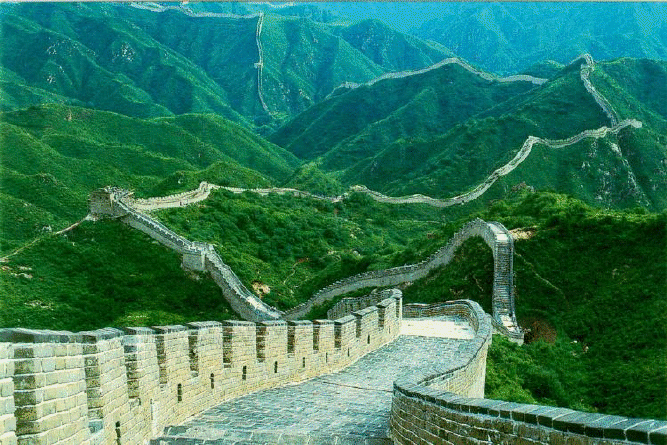TangoTwoBravo
Army.ca Veteran
- Reaction score
- 3,279
- Points
- 1,110
Humphrey Bogart said:So we are deploying to the nearest Canadian University?
How do you stop a violent act without being violent yourself? I don't know what your plan is to stop rape but that's a pretty tall order.
Kind of reminds me of a certain President who declared war on "terrorism".
I don't have a plan to stop rape in Canada, and I am not sure what that has to do with the topic or my post. My point about rape and other forms of gender-based violence was to add it to the list of things that must be done that another poster had made. A peacekeeping force has the job of restoring some sense of order. Part of that is preventing rape, especially in vulnerable populations impacted by the conflict that brought the peacekeepers there in the first place. Having women in the peacekeeping force can help protect those vulnerable populations.
Who said anything about not being violent?
I recently spent a year as a UN peacekeeper. While I was unarmed there were close to 10,000 armed peacekeepers in the AO. UN peacekeeping has changed a lot since the early 90s. Its certainly not the perfect tool for every situation, but it is more capable than many give it credit.





